Quelli che

Non dice "vado sempre a San Siro, però ho torto!"
ma
"vaNNo sempre a san siro .. MA AL TROTTO".
ma
"vaNNo sempre a san siro .. MA AL TROTTO".
Edo 2013/1/31 - 14:31
Ninnananna italiana

2012
Fuori i secondi
Bonus Track della versione su vinile
Scritta per lo spettacolo: L'innocenza di Giulio
Bellotti -- Rubbiani
Fuori i secondi
Bonus Track della versione su vinile
Scritta per lo spettacolo: L'innocenza di Giulio
Bellotti -- Rubbiani
Dormi dormi bel paesino
(Continues)
(Continues)
Contributed by DoNQuijote82 2013/1/31 - 14:23
Song Itineraries:
Mafia and Mafias
Die römische Kantate, opus 60

[1937]
Musica di Hanns Eisler
Si tratta di una delle sette cantate che il compositore austriaco scrisse a partire dai romanzi di Silone “Vino e pane” (1937) e “Fontamara” (1930)
Sia “Fontamara” che “Vino e pane” furono scritti da Silone durante il suo esilio in Svizzera ed entrambi furono infatti pubblicati per la prima volta in lingua tedesca.
“Although Eisler returned to the twelve-tone style during his exile years, he continued to write for economical musical forces: his chamber cantatas from this period are sung by one voice with limited instrumentation. The choice of texts is revealing: in the Römische Kantate (Roman Cantata) Eisler chose the Italian novelist Ignazio Silone—a novelist who was popular with European exiles not only from Italy but also the other countries overrun by fascism. In a way, turning to Silone was a quiet protest against Stalinist interference... (Continues)
Musica di Hanns Eisler
Si tratta di una delle sette cantate che il compositore austriaco scrisse a partire dai romanzi di Silone “Vino e pane” (1937) e “Fontamara” (1930)
Sia “Fontamara” che “Vino e pane” furono scritti da Silone durante il suo esilio in Svizzera ed entrambi furono infatti pubblicati per la prima volta in lingua tedesca.
“Although Eisler returned to the twelve-tone style during his exile years, he continued to write for economical musical forces: his chamber cantatas from this period are sung by one voice with limited instrumentation. The choice of texts is revealing: in the Römische Kantate (Roman Cantata) Eisler chose the Italian novelist Ignazio Silone—a novelist who was popular with European exiles not only from Italy but also the other countries overrun by fascism. In a way, turning to Silone was a quiet protest against Stalinist interference... (Continues)
1. Das große Rom
(Continues)
(Continues)
Contributed by Dead End 2013/1/31 - 14:14
Radioattività
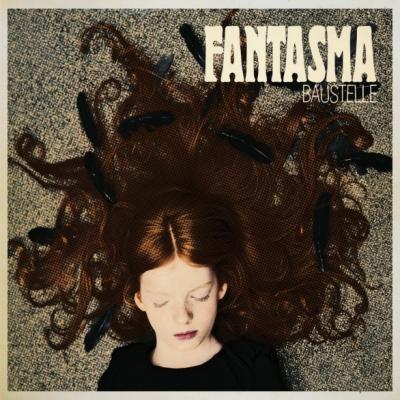
Album: Fantasma (2013)
Piove
(Continues)
(Continues)
Contributed by DoNQuijote82 2013/1/31 - 13:54
Song Itineraries:
No Nukes
Bone Soldiers
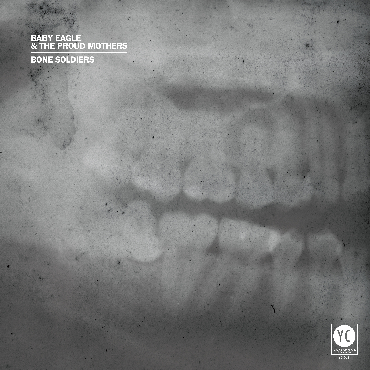
[2012]
Lyrics & Music by Steve Lambke
Album: Bone Soldiers
"With Bone Soldiers I wrote with that in mind to some extent. This time it's teeth and the military and… some sort of prophetic or visionary reality. I'm unsure how to explain that part of it. There are appeals made to higher powers. There's also lots of talk about men and women..
When I was writing these songs I had a conversation with Simone Schmidt from One Hundred Dollars and she told me that their record was going to be called Songs of Man. I said «Me too!»."
Lyrics & Music by Steve Lambke
Album: Bone Soldiers
"With Bone Soldiers I wrote with that in mind to some extent. This time it's teeth and the military and… some sort of prophetic or visionary reality. I'm unsure how to explain that part of it. There are appeals made to higher powers. There's also lots of talk about men and women..
When I was writing these songs I had a conversation with Simone Schmidt from One Hundred Dollars and she told me that their record was going to be called Songs of Man. I said «Me too!»."
Don't you know I tried to please
(Continues)
(Continues)
Contributed by giorgio 2013/1/31 - 13:22
Ideal und Wirklichkeit

[1929]
Questa sarcastica ed amara poesia, scritta da Kurt Tucholsky poco prima di arrendersi al fascismo ormai dilagante in Germania, fu messa in musica da Hanns Eisler alla fine degli anni 50, su richiesta di Ernst Busch che volle interpretarla.
Tucholsky fu un grande giornalista e scrittore satirico. Profondamente innamorato del cabaret, tanto da trasferirsi in Francia nei primi anni 20 per assaporarlo nella sua migliore espressione (anche se quello di Weimar non era certo da meno, e Tucholsky diede il suo prezioso contributo scrivendo moltissimi sketches), nei suoi scritti, anche quelli più apparentemente “leggeri”, traspare prima tutta la sua speranza per la fase democratica apertasi in Germania nel primo dopoguerra, con la promulgazione della Costituzione del 1919, poi, più tardi, tutta la delusione e la disperazione per la fine di quel sogno – che nel 1929, anno di componimento... (Continues)
Questa sarcastica ed amara poesia, scritta da Kurt Tucholsky poco prima di arrendersi al fascismo ormai dilagante in Germania, fu messa in musica da Hanns Eisler alla fine degli anni 50, su richiesta di Ernst Busch che volle interpretarla.
Tucholsky fu un grande giornalista e scrittore satirico. Profondamente innamorato del cabaret, tanto da trasferirsi in Francia nei primi anni 20 per assaporarlo nella sua migliore espressione (anche se quello di Weimar non era certo da meno, e Tucholsky diede il suo prezioso contributo scrivendo moltissimi sketches), nei suoi scritti, anche quelli più apparentemente “leggeri”, traspare prima tutta la sua speranza per la fase democratica apertasi in Germania nel primo dopoguerra, con la promulgazione della Costituzione del 1919, poi, più tardi, tutta la delusione e la disperazione per la fine di quel sogno – che nel 1929, anno di componimento... (Continues)
In stiller Nacht und monogamen Betten
(Continues)
(Continues)
Contributed by Dead End 2013/1/31 - 09:17
The Fall of the Empire
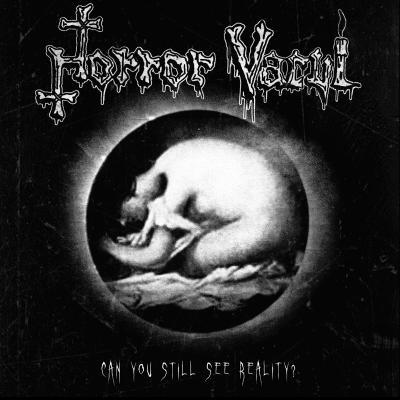
[2012]
Album: Can You Still See Reality?
Any time a government falls, we hope this will be the end of any explicit or implicit empire around the world but it's usually a new starting point for things to become worse, where common people usually pay the bill...
(Horror Vacui is a post punk goth band formed in London and Italy. We love punk, goth and wave. "We HATE FASCISM and SEXISM.
We released "Black Rivers" Demo (2011) and "Can you still see reality?" (2012) 7" out now 4 the DIY underground label Legion of the Dead we run").
Album: Can You Still See Reality?
Any time a government falls, we hope this will be the end of any explicit or implicit empire around the world but it's usually a new starting point for things to become worse, where common people usually pay the bill...
(Horror Vacui is a post punk goth band formed in London and Italy. We love punk, goth and wave. "We HATE FASCISM and SEXISM.
We released "Black Rivers" Demo (2011) and "Can you still see reality?" (2012) 7" out now 4 the DIY underground label Legion of the Dead we run").
It started years ago,
(Continues)
(Continues)
Contributed by giorgio 2013/1/31 - 08:49
Peace on Earth

[2012]
Lyrics & Music by Steve Lambke
Album: Bone Soldiers
"Peace On Earth"
Lyrics & Music by Steve Lambke
Album: Bone Soldiers
"Peace On Earth"
Disorder in the mirror,
(Continues)
(Continues)
Contributed by giorgio 2013/1/31 - 08:15
L'Injure ou Prophètes, dieux et déesses

L'Injure
ou
Prophètes, dieux et déesses
Chanson française – L'Injure ou Prophètes, dieux et déesses – Marco Valdo M.I. – 2013
« Noi, non siamo cristiani, siamo somari... » est une de nos devises et elle est particulièrement indiquée pour cette chanson où il est question des prophètes, des dieux et des déesses et de leurs aficionados. Tous d'une susceptibilité effrayante et prompts aux insultes et aux massacres.
Voilà bien un étrange sujet... et pourquoi donc te préoccupes-tu des dieux, des prophètes et des déesses, à présent ?, dit Lucien l'âne en riant de toutes ses dents. J'imagine que tu es repris d'une crise d'aédisme... Cependant, je croyais la question réglée depuis la plus haute Antiquité par mon maître Épicure... Qui, s'il n'avait pas explicitement fait profession d'athéisme, avait tranquillement renvoyé les dieux à leurs oignons et aux joies de l'Olympe en les priant de... (Continues)
ou
Prophètes, dieux et déesses
Chanson française – L'Injure ou Prophètes, dieux et déesses – Marco Valdo M.I. – 2013
« Noi, non siamo cristiani, siamo somari... » est une de nos devises et elle est particulièrement indiquée pour cette chanson où il est question des prophètes, des dieux et des déesses et de leurs aficionados. Tous d'une susceptibilité effrayante et prompts aux insultes et aux massacres.
Voilà bien un étrange sujet... et pourquoi donc te préoccupes-tu des dieux, des prophètes et des déesses, à présent ?, dit Lucien l'âne en riant de toutes ses dents. J'imagine que tu es repris d'une crise d'aédisme... Cependant, je croyais la question réglée depuis la plus haute Antiquité par mon maître Épicure... Qui, s'il n'avait pas explicitement fait profession d'athéisme, avait tranquillement renvoyé les dieux à leurs oignons et aux joies de l'Olympe en les priant de... (Continues)
On ne peut insulter les dieux ni les déesses
(Continues)
(Continues)
Contributed by Marco Valdo M.I. 2013/1/30 - 23:44
Song Itineraries:
Antiwar Anticlerical
Le fol Aéroport de Notre Dame des Landes

Paroles et musique : la Parisienne Libérée
Una canzone dedicata alla lotta contro il progetto di aeroporto a Notre-Dame-des-Landes, a nord ovest di Nantes. Una lotta molto simile per motivazioni e per modalità (e per repressione) alla lotta NO TAV.
Una canzone dedicata alla lotta contro il progetto di aeroporto a Notre-Dame-des-Landes, a nord ovest di Nantes. Una lotta molto simile per motivazioni e per modalità (e per repressione) alla lotta NO TAV.
[citation F. Hollande]
(Continues)
(Continues)
2013/1/30 - 23:26
La guerre contre le Mal

(17 janvier 2013)
Paroles et musique : la Parisienne Libérée
Une unanimité guerrière s’est emparée de la France depuis une semaine et une intense propagande accompagne l’intervention militaire au Mali…
Paroles et musique : la Parisienne Libérée
Une unanimité guerrière s’est emparée de la France depuis une semaine et une intense propagande accompagne l’intervention militaire au Mali…
C’est une guerre africaine, soi-disant nécessaire
(Continues)
(Continues)
2013/1/30 - 23:06
Storia dell'uomo che volò nello spazio dal suo appartamento

Chanson italienne - Storia dell'uomo che volò nello spazio dal suo appartamento – Unòrsominòre – 2011
HISTOIRE DE L'HOMME QUI VOLA DANS L'ESPACE DE SON APPARTEMENT
(Continues)
(Continues)
Contributed by Marco Valdo M.I. 2013/1/30 - 20:33
O Fallada, da du hangest (Ein Pferd klagt an)

“Brecht's 1919 poem "O Fallada, There You Are Hanging: A Horse's Accusation" was written in the context of postwar famine and revolution. It was adapted by Eisler in 1932 for a cabaret revue. Fallada was a horse in a fairy tale by the Brothers Grimm. The poem may have been based on news reports of crowds of hungry Berliners carving up the corpses of police horses that had fallen during street fighting.”
O FALLADA, THERE YOU ARE HANGING
(Continues)
(Continues)
Contributed by Dead End 2013/1/30 - 14:51
Résistance
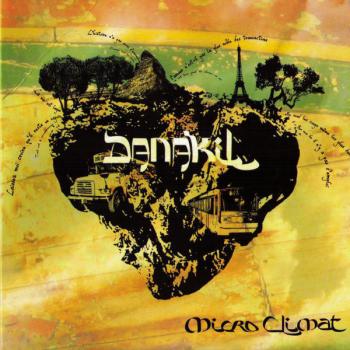
Micro Climat (2006)
La résistance est organisée
(Continues)
(Continues)
Contributed by DoNQuijote82 2013/1/30 - 14:02
Terra
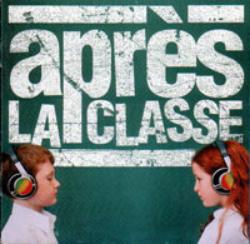
2002 Après La Classe
Pensieri che ti affiorano veloci come un tuono
(Continues)
(Continues)
Contributed by DoNQuijote82 2013/1/30 - 13:45
La grande mela
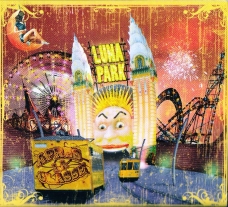
2006 Luna Park
La storia passa
(Continues)
(Continues)
Contributed by DoNQuijote82 2013/1/30 - 13:38
Nein
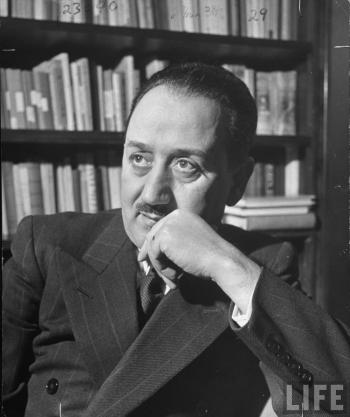
[1937]
Musica di Hanns Eisler
Testo ispirato ad un passo del romanzo “Vino e pane” di Ignazio Silone (1900-1978), antifascista, scrittore ed intellettuale, insofferente ad ogni totalitarismo e ad ogni gerarchia, “socialista senza partito” e “cristiano senza chiesa”.
Si tratta di una delle sette cantate che il compositore austriaco scrisse a partire dai romanzi di Silone “Vino e pane” (1937) e “Fontamara” (1930)
Sia “Fontamara” che “Vino e pane” furono scritti da Silone durante il suo esilio in Svizzera ed entrambi furono infatti pubblicati per la prima volta in lingua tedesca.
Testo tedesco trovato sul sito del Chorwerkstatt Berlin
Scritto nel biennio 1935-36, in gran parte a Zurigo, dove Silone si era trasferito dal 1931, “Pane e vino” apparve in traduzione tedesca a cura di Adolf Saager nel 1936 e l'anno dopo in «edizione italiana per l'emigrazione », a cura dello... (Continues)
Musica di Hanns Eisler
Testo ispirato ad un passo del romanzo “Vino e pane” di Ignazio Silone (1900-1978), antifascista, scrittore ed intellettuale, insofferente ad ogni totalitarismo e ad ogni gerarchia, “socialista senza partito” e “cristiano senza chiesa”.
Si tratta di una delle sette cantate che il compositore austriaco scrisse a partire dai romanzi di Silone “Vino e pane” (1937) e “Fontamara” (1930)
Sia “Fontamara” che “Vino e pane” furono scritti da Silone durante il suo esilio in Svizzera ed entrambi furono infatti pubblicati per la prima volta in lingua tedesca.
Testo tedesco trovato sul sito del Chorwerkstatt Berlin
Scritto nel biennio 1935-36, in gran parte a Zurigo, dove Silone si era trasferito dal 1931, “Pane e vino” apparve in traduzione tedesca a cura di Adolf Saager nel 1936 e l'anno dopo in «edizione italiana per l'emigrazione », a cura dello... (Continues)
In unserem Land bringt ein Mensch, ein beliebiger Mensch, ein beliebiger kleiner Mensch die öffentliche Ordnung in Gefahr. Tonnen bedruckten Papiers verbreiten die Parolen; tausende Lautsprecher, Scharen von Rednern wiederholen bis zur Besessenheit, bis zur Verblödung aller die Phrasen des Regimes. Aber es braucht nur ein Mensch, ein beliebiger Mensch, ein beliebiger kleiner Mensch Nein zu sagen, seinem Nachbarn nur in die Ohren zu flüstern oder Nein nachts an die Mauer zu schreiben, so ist die Ordnung in Gefahr! Denn in unserm Land beruht alles auf Einstimmigkeit. Es genügt, wenn einer Nein sagt, und der Zauber ist verflogen, die Ordnung ist in Gefahr, die Revolte hat begonnen und muß unterdrückt werden. Aber wenn unser Mann, unser beliebiger Mann gefaßt und getötet wird?
Einen ... (Continues)
Einen ... (Continues)
Contributed by Dead End 2013/1/30 - 11:58
Die den Mund auf hatten

[1937]
Musica di Hanns Eisler
Testo ispirato ad un passo del romanzo “Vino e pane” di Ignazio Silone (1900-1978), antifascista, scrittore ed intellettuale, insofferente ad ogni totalitarismo e ad ogni gerarchia, “socialista senza partito” e “cristiano senza chiesa”.
Si tratta di una delle sette cantate che il compositore austriaco scrisse a partire dai romanzi di Silone “Vino e pane” (1937) e “Fontamara” (1930)
Sia “Fontamara” che “Vino e pane” furono scritti da Silone durante il suo esilio in Svizzera ed entrambi furono infatti pubblicati per la prima volta in lingua tedesca.
Testo tedesco trovato sul sito del Chorwerkstatt Berlin
Scritto nel biennio 1935-36, in gran parte a Zurigo, dove Silone si era trasferito dal 1931, “Pane e vino” apparve in traduzione tedesca a cura di Adolf Saager nel 1936 e l'anno dopo in «edizione italiana per l'emigrazione », a cura dello... (Continues)
Musica di Hanns Eisler
Testo ispirato ad un passo del romanzo “Vino e pane” di Ignazio Silone (1900-1978), antifascista, scrittore ed intellettuale, insofferente ad ogni totalitarismo e ad ogni gerarchia, “socialista senza partito” e “cristiano senza chiesa”.
Si tratta di una delle sette cantate che il compositore austriaco scrisse a partire dai romanzi di Silone “Vino e pane” (1937) e “Fontamara” (1930)
Sia “Fontamara” che “Vino e pane” furono scritti da Silone durante il suo esilio in Svizzera ed entrambi furono infatti pubblicati per la prima volta in lingua tedesca.
Testo tedesco trovato sul sito del Chorwerkstatt Berlin
Scritto nel biennio 1935-36, in gran parte a Zurigo, dove Silone si era trasferito dal 1931, “Pane e vino” apparve in traduzione tedesca a cura di Adolf Saager nel 1936 e l'anno dopo in «edizione italiana per l'emigrazione », a cura dello... (Continues)
Die den Mund auf hatten, haben ihn jetzt geschlossen. Auf dem Friedhof geschlossen. Oder in den Kerkern geschlossen. Die andern hielten sich vorher still und halten sich jetzt noch stiller.
(Continues)
(Continues)
Contributed by Dead End 2013/1/30 - 11:24
Under Desert Skies
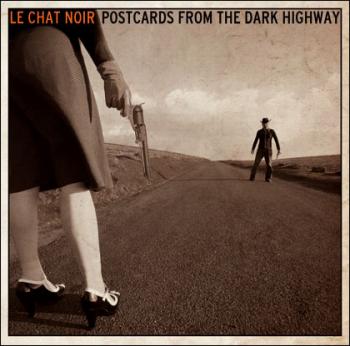
[2009]
Album: Postcards From The Dark Highway
Album: Postcards From The Dark Highway
Heard it on the radio today
(Continues)
(Continues)
Contributed by giorgio 2013/1/30 - 08:43
Ma mère la Suisse
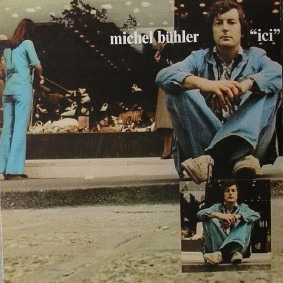
Album: Ici
Paroles et musique: Michel Bühler.
Arrangement: Jean Morlier.
Production: L'Escargot - Gilles Bleiveis.
1977
Paroles et musique: Michel Bühler.
Arrangement: Jean Morlier.
Production: L'Escargot - Gilles Bleiveis.
1977
On m'a dit que j'étais ton fils,
(Continues)
(Continues)
2013/1/29 - 23:19
La quistione meridionale

Il nonno di mio nonno era brigante
(Continues)
(Continues)
Contributed by Patroclus 2013/1/29 - 22:57
Les Kurdes
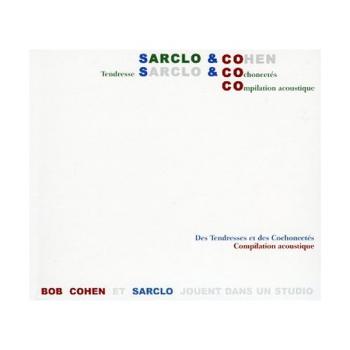
Album: "Des Tendresses et des Cochoncetés" (2003)
Il vaut mieux pas être Kurde à Fribourg
(Continues)
(Continues)
2013/1/29 - 22:45
Tunis 2011

[2012]
Album: Et voilà
Album: Et voilà
Une pluie froide et fine tombe sur la Casbah
(Continues)
(Continues)
2013/1/29 - 22:38
Faut-il apprendre à nos enfants
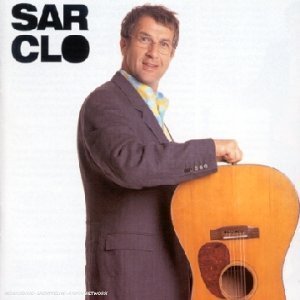
Album: "L'Amour est un Commerce, mais la décharge est municipale" (2001)
"Sarclo est la plus belle invention suisse depuis le gruyère" (Renaud)
"Sarclo est la plus belle invention suisse depuis le gruyère" (Renaud)
Le mortier sous les yeux d'Albert
(Continues)
(Continues)
2013/1/29 - 22:23
Stranamore (pure questo è amore)

il più grande della penultima strofa è proprio come l'Alexandros di Pascoli... i prof. di lettere rimangono sempre prof. di lettere! firmato una prof. di lettere
anna 2013/1/29 - 21:35
Cammina nel fango

Chanson italienne – Cammina nel fango – Trenincorsa – 2005
MARCHE DANS LA BOUE
(Continues)
(Continues)
Contributed by Marco Valdo M.I. 2013/1/29 - 21:26
A la manif
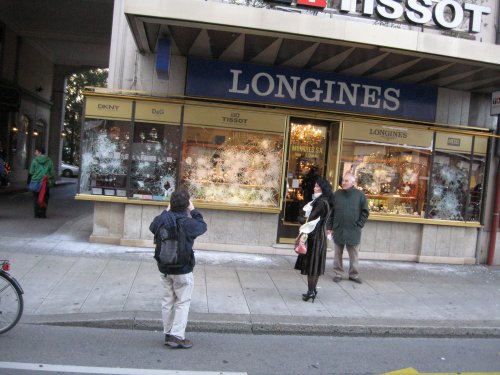
[2012]
Album :Et voilà
Album :Et voilà
Ce jour-là on avait rencard
(Continues)
(Continues)
Contributed by adriana 2013/1/29 - 17:59
Actualités 2012

[2012]
Album :Et voilà
Album :Et voilà
Un matin de brouillard
(Continues)
(Continues)
Contributed by adriana 2013/1/29 - 17:55
Cher Monsieur

[2012]
Album :Et voilà
en duo avec le Bel Hubert!
Album :Et voilà
en duo avec le Bel Hubert!
Voyez-vous, cher Monsieur, il n'y a plus comm' dans l' temps
(Continues)
(Continues)
Contributed by adriana 2013/1/29 - 17:48
Georges Brassens: Supplique pour être enterré à la plage de Sète

SUPPLICA PER ESSERE SEPOLTO NELLA SPIAGGIA DI SÈTE
(Continues)
(Continues)
Contributed by Bruno Puglielli 2013/1/29 - 17:20
Le rose rosse

Versão portuguesa
ROSAS VERMELHAS
(Continues)
(Continues)
Contributed by giorgio 2013/1/29 - 15:08
Le Père Noël et la petite fille, incl.Leggenda di Natale; La canzone di Marinella; Bocca di Rosa

Алые Губки (1967)
Fabrizio De Andre, "Bocca di rosa (1967)"
Фабрицио Де Андре
Fabrizio De Andre, "Bocca di rosa (1967)"
Фабрицио Де Андре
АЛЫЕ ГУБКИ
(Continues)
(Continues)
Contributed by Krzysiek 2013/1/29 - 14:23
Soldato

Chanson italienne – Soldato – Nomadi – 2004
SOLDAT
(Continues)
(Continues)
Contributed by Marco Valdo M.I. 2013/1/29 - 14:10
Soldier (I Like It When a Soldier Dies)
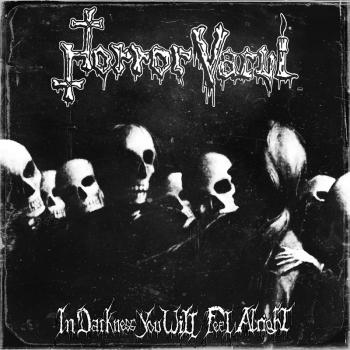
[2011]
Album: In Darkness You Will Feel Alright [2012]
"I Like It When A Soldier Dies"
Album: In Darkness You Will Feel Alright [2012]
"I Like It When A Soldier Dies"
They keep on lying - they won't stop the fighting
(Continues)
(Continues)
Contributed by giorgio 2013/1/29 - 12:25
×
![]()



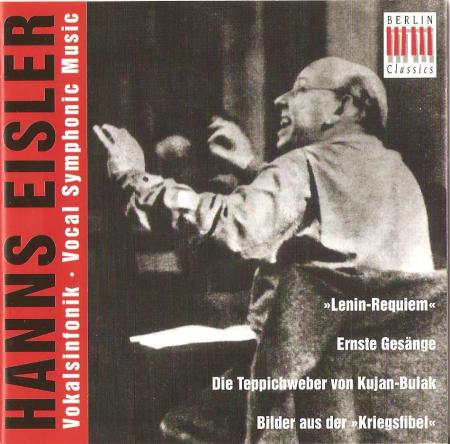
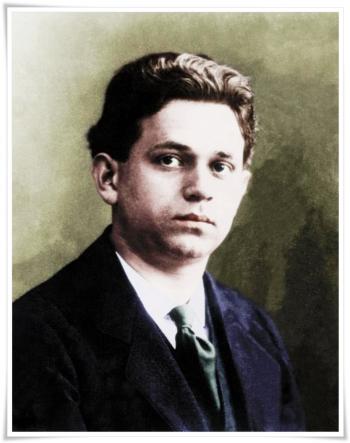


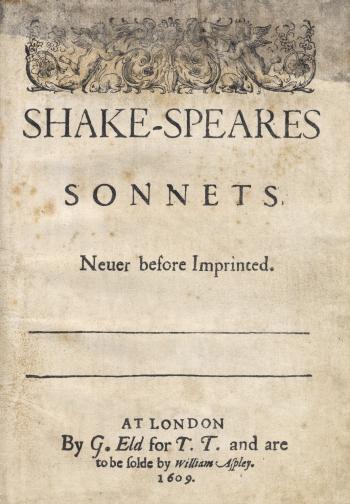


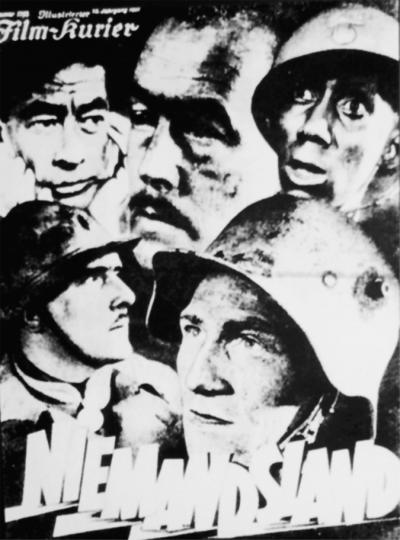
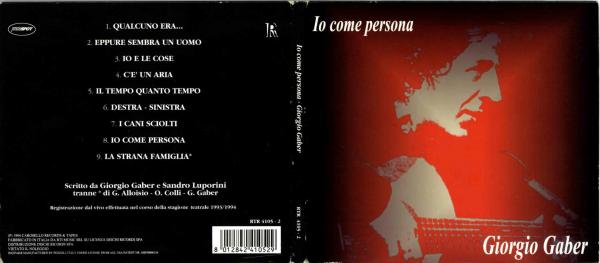
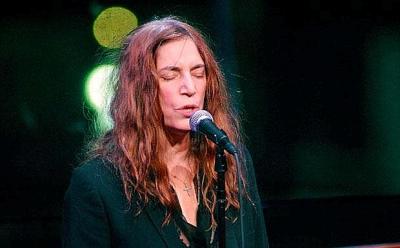


Versi di Bertolt Brecht, una delle 8 poesie che compaiono sotto la voce “1940” nella cosiddetta “Steffinsche Sammlung”, raccolta dedicata da Brecht a Margarete Steffin, sua preziosa collaboratrice che lo seguì anche in esilio e che morì di tubercolosi nel 1941 a soli 33 anni.
Musica di Hanns Eisler dall’ “Hollywooder Liederbuch / Hollywood Songbook”, opera composta tra il 1938 ed il 1943 durante l’esilio newyorkese.